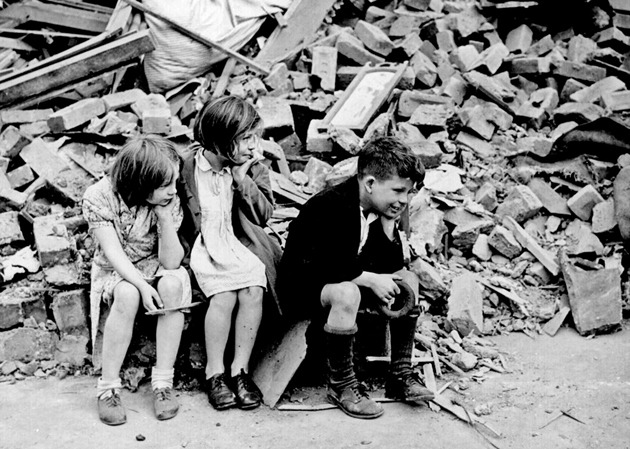The EU presently outstrips the USA in GDP and global trade. In May, Europe commemorates the end of WW2 in Europe. Europe was left in ruins, its industries destroyed, its populations decimated by killings and injuries, its economies torn by debts and inflation.
May also celebrates a far more important event. Five years after the end of war, Robert Schuman’s Proposal May 9, 1950 brought about an unprecedented peace: the means to make war ‘not only unthinkable but materially impossible.’
War, impossible?! That sounded extraordinary in the 1950s. The reality is even more extraordinary today.
Europeans are now living in a 70-year period of peace, longer than any other in all written history – more than two thousand years. The core of today’s European Union composing France, Germany, Italy, Belgium, the Netherlands and Luxembourg, knew war every generation back to before Roman times. Today, three or four generations have never seen their home towns destroyed, their families killed or such horrors as concentration camps or forced labor.
No one foresaw such a peace. It was not ultimately due either to the Marshall Plan of 1947 or NATO, formed 1948, generous though they were.
In March 1950 the US-based Foreign Policy Association published a report on ‘Europe and the United States.’ It was written and finalised by Vera Micheles Dean, its research director. She made an extensive tour of Europe speaking with government ministers and lecturing on US foreign policy around Europe.
‘We realise... that the United states, no matter how generously inclined, cannot under the most favourable political circumstances re-establish the economy of the continent on the foundations of 1914 or even 1939. Some of the foundations … have vanished beyond salvaging; others are perhaps not a total loss, but … their future contribution to the continent's economy remains in doubt.
‘No power on earth can remedy Europe’s impoverishment as a result of two world wars. The only remedy one can recommend for the future would be the avoidance of conflicts so costly in terms of human values and material wealth.
Whatever we do, Europe will sooner or later have to adjust itself to a radically altered world economic situation and face the fact that the singularly favourable position it enjoyed during the five centuries following the discovery of the Indies and the of the New World and the conquest of the colonies in Asia and Africa is now drawing to a close. While the Russians and the Communists have capitalised on the predicament of western Europe, they did not bring it about.’ Teenage Germans are ‘strongly imbued with Nazi ideas.’
The same conclusion was reached by the annual conference of US ambassadors in Europe in 1949. They considered European solutions as ‘pipe dreams’ and their ‘golden goose’ of the Marshall Plan was being sacrificed to various forms of nationalism. They were keenly aware of Soviet designs on Germany especially the industrial Ruhr.
General Lucius Clay, US Military Governor of Germany in March 1949 concluded: ‘I repeat what I said in a cable a few days ago. We have lost Germany politically and therefore it really does not matter except that history will prove why there was World War III. No gesture can we make to draw Germany westward so why do we spend money on Germany. Thank God I will be out of it soon…’
Robert Schuman was often a lone voice. His own political party often opposed him. Yet he was convinced as French Prime Minister and Foreign Minister that Europe must use this last chance for peace, others said was impossible. He was not only the designer of the peace, political technician and visionary for the future. He told the US Secretary of State Acheson before his Proposal that the supranational Community system would produce the greatest period of prosperity since the Middle Ages.
In a world where Europe is increasingly surrounded by war in Ukraine, Georgia, and barbaric violence in the southern Mediterranean and the Middle East, isn’t it high time we took a longer, harder look at how Europe gained such an enviable peace?
David H Price


